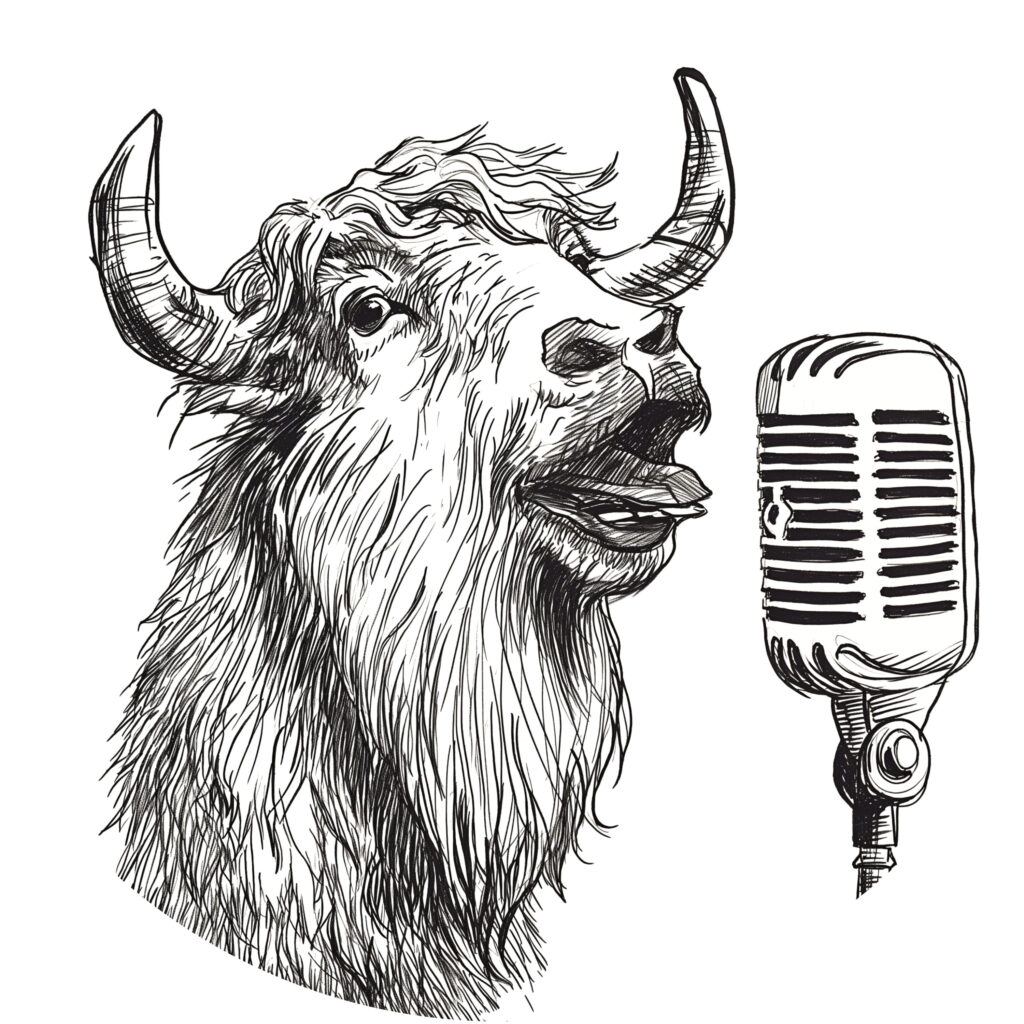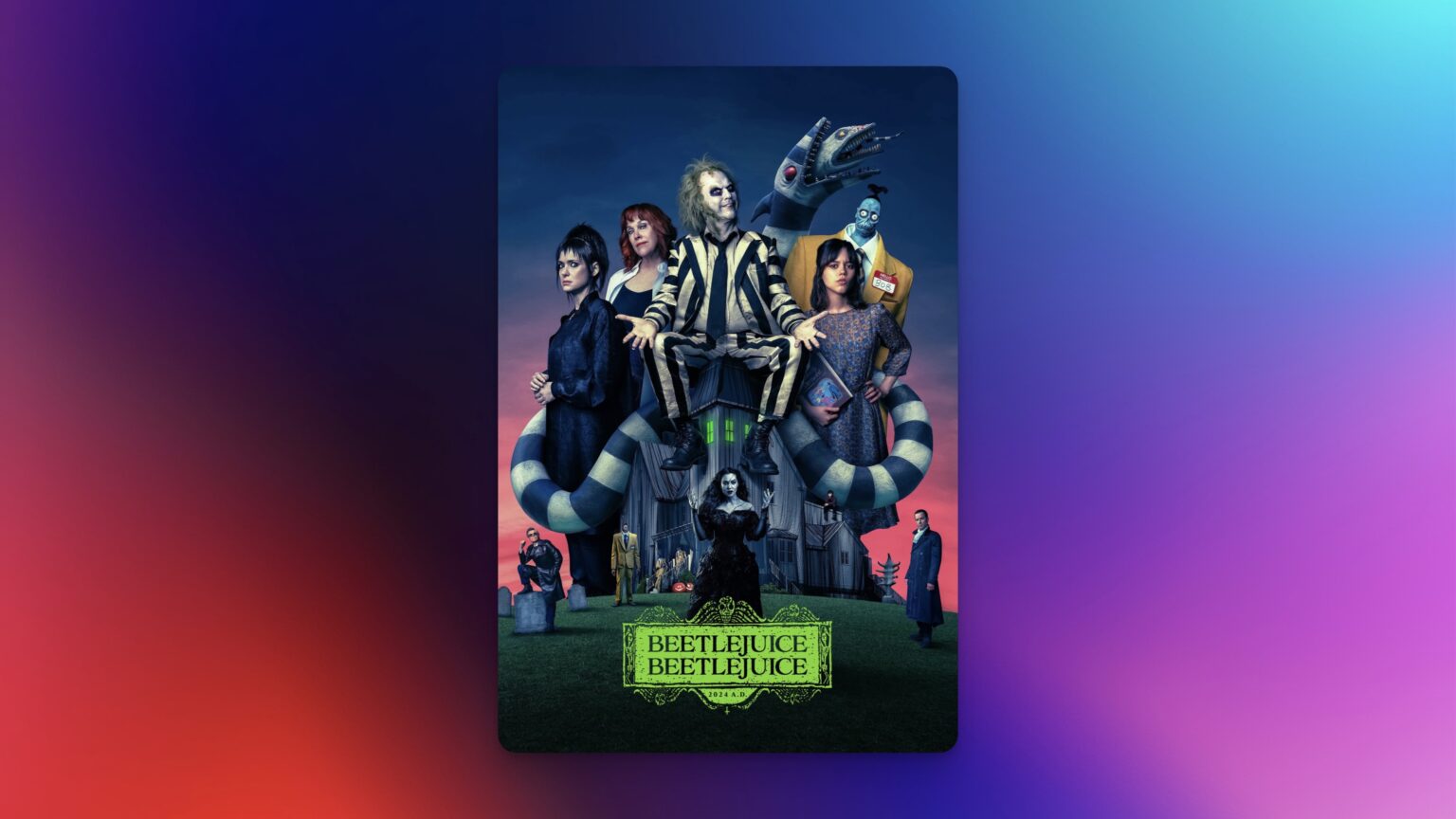There’s a particular brand of chaotic energy that defines Tim Burton’s work, a blend of the macabre and the whimsical. It’s a tightrope walk, and unfortunately, “Beetlejuice Beetlejuice” stumbles more than it soars.
While the film boasts Burton’s signature visual flair, a feast of gothic whimsy and grotesque charm, the narrative feels as cobbled together as a sing-along with Miss Argentina.
Michael Keaton, typically a captivating screen presence, feels strangely misused as the titular bio-exorcist. Beetlejuice occupies a bizarre purgatory between antagonist and eager ally, leaving Keaton struggling to find a consistent rhythm for the character. His trademark manic energy is there, but it feels more forced than inspired, lacking the menace or the pathos to truly resonate—as he did in the original film.
Winona Ryder, saddled with the thankless task of portraying the archetypal ‘gloomy teen’ as an adult, delivers a disappointingly flat performance. Lydia Deetz, draped in black lace and existential angst, could have been a fascinating exploration of what was once adolescent alienation all-grown-up. But Ryder never quite inhabits the role, leaving sequel Lydia a pale shadow in a world begging for vibrant darkness.
It’s Catherine O’Hara who steals every scene she’s in, a comedic supernova as Delia Deetz. She’s less oblivious now and more in touch with the world, and O’hara brings impeccable timing and a gift for physical comedy, wringing laughs from the mundane, a delightful reminder of her singular talent.
Back to missed opportunities. Jenna Ortega’s Astrid. While Ortega brings a simmering intensity to the role, she’s given precious little to do. Her storyline feels frustratingly underdeveloped, a mere echo of Ryder’s Lydia, hinting at a depth the film never explores. As arguably the biggest star in the movie representing her generation, she’s bafflingly underused.
And what, pray tell, is Willem Dafoe doing in all of this? His character, while visually striking, feels utterly superfluous, a bizarre footnote in a narrative already littered with them. The film ends with a shrug, leaving a trail of unanswered questions and unresolved conflicts in its wake.
“Beetlejuice Beetlejuice” is not without its charms. O’Hara’s comedic brilliance, the film’s visual panache, and Danny Elfman’s evocative score all deserve recognition. However, these fleeting delights can’t quite compensate for the film’s narrative shortcomings and missed opportunities. Like a ghost flitting through walls, it leaves you with a sense of what might have been, a spectral echo of a far more compelling story.
★★☆☆☆

